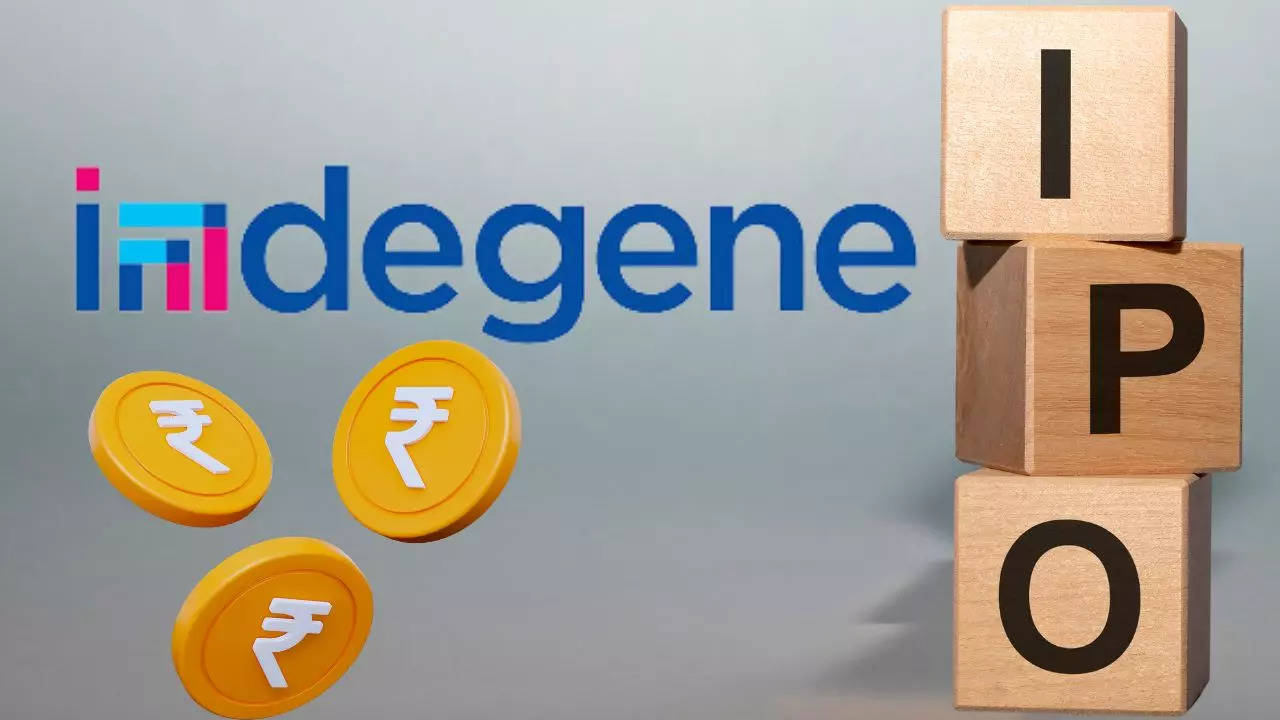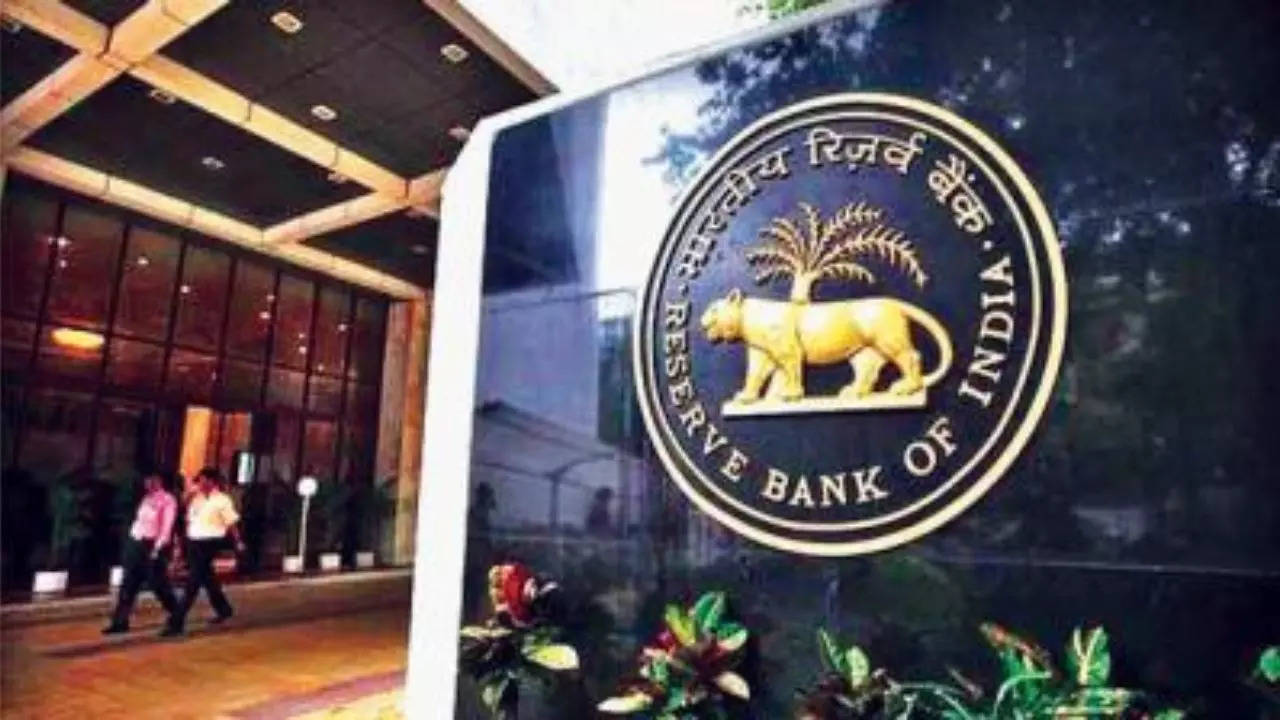

Yes Bank Q4 Profit Doubles to Rs 452 Crore, Reports Higher Stress In Unsecured Advances (image source: Yes Bank)
Yes Bank on Saturday reported over two-fold jump in standalone net profit at Rs 452 crore for March quarter 2023-24, primarily due to benefits on the provision front.
In the year-ago quarter, the bank logged a profit of Rs 202.43 crore.
The private sector lender benefitted from write-back on income tax and interest on income tax returns, but the profits were limited by its inability to comply with the mandatory priority sector lending (PSL) requirements, its management said.
For fiscal 2023-24, it reported 74 per cent growth in net profit at Rs 1,251 crore.
In the March quarter, the core net interest income grew just 2.3 per cent to Rs 2,153 crore on the back of narrowing of Net Interest Margin to 2.4 per cent from 2.8 per cent in the year-ago period.
Managing Director and chief executive Prashant Kumar said NIM narrowed due to the shortfall in meeting PSL requirements, due to which over Rs 14,000 crore had to be added to the low-yielding Rural Infrastructure Development Fund balances during the fiscal as a penalty.
The overall exposures to RIDF has shot up to 11 per cent of the balance sheet from 8 per cent, and the target is to get it down to 5 per cent by FY27, an official said. Kumar added that the bank is still looking to acquire a microfinancier which will help it on the PSL front.
There was 0.70 per cent impact on NIM because of the PSL shortfall, and over the next 2-3 years, the bank plans to expand NIM by up to 1 per cent by reducing the RIDF additions and also opting for better yielding retail assets, an official said.
The new strategy on retail entails upping focus on affordable housing and used vehicle loans, where it has the better understanding of the business and also right platforms.
Kumar said the bank is planning to up the overall loan growth to over 17 per cent in FY25 and will be targeting to increase the deposits by 18.5 per cent.
The loan growth will be driven by small businesses and mid-market companies lending which will grow at 20 per cent each, while the bank said it has built a strong pipeline on the large corporate side as well which will help the book grow in high single digit.
On the asset quality front, it witnessed fresh slippages of Rs 1,356 crore and attributed a third of them to unsecured lending products, which have been under the regulatory lens.
An official said the bank has slowed the pace of new credit card additions, and has stopped onboarding customers from lower segments who are unable to pay up.
Gross non-performing assets ratio improved to 1.7 per cent from the year-ago period’s 2.2 per cent.
On the one-time gains front, the bank had a Rs 787 crore gain through the write-back on security receipts’ provision and an income tax refund of Rs 247 crore. However, it decided to step up the provision coverage ratio by 10 percentage points and deployed the gains for upping the buffers.
This resulted in the overall provisions coming down to Rs 470 crore from Rs 617 crore in the year-ago period.
Kumar said the bank spends over Rs 11,000 crore or about 10 per cent of its overall operational costs on technology, and will continue to spend between 10-11 per cent in the area.
The recently announced partnership with Paytm has taken up the overall UPI transactions it handles to 5 billion a month from the 3.8 billion earlier, Kumar said.
The bank is planning to add 30 more branches in the April-June period to its network of 1,234 branches, Kumar said.




























